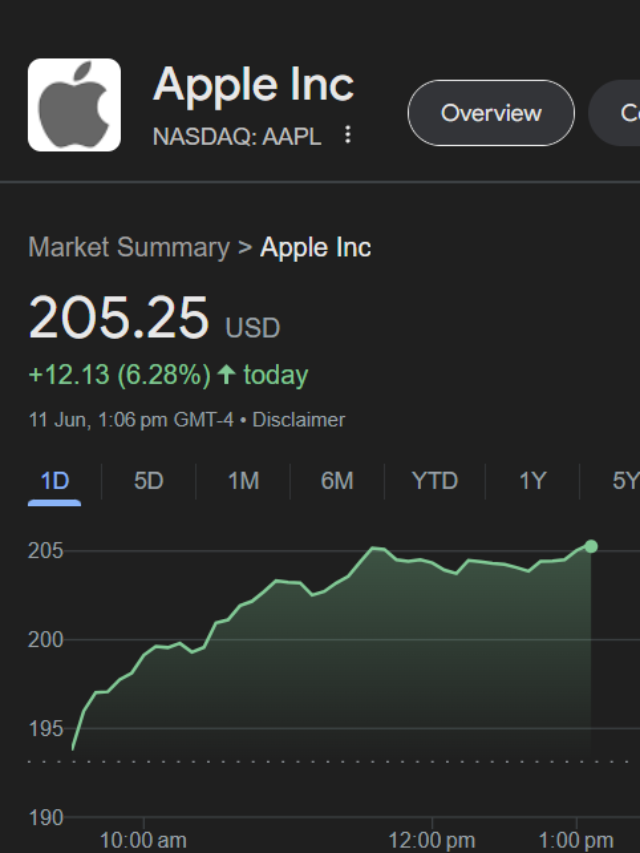The world of television has seen its fair share of historical dramas, but few have captured the imagination and critical acclaim like “Shogun.” This epic series, based on the beloved novel of the same name, has taken the world by storm, proving that a well-crafted period piece can not only be visually stunning, but also deeply compelling and culturally significant.
The buzz around “Shogun” started long before its premiere. Even as early as 2018, whispers of a reboot of the classic 1980 miniseries were circulating, setting the stage for anticipation. The excitement only grew as the cast, led by a seasoned ensemble of international stars, was announced. The series promised a fresh take on the captivating story, showcasing a world of political intrigue, cultural clashes, and personal transformation in 17th century Japan.
The gamble paid off. “Shogun” premiered in 2024, not only captivating audiences with its stunning visuals and meticulous historical detail, but also resonating with viewers on a deeper level. The series deftly navigated the complex themes of power, ambition, and the clash of cultures, drawing a parallel between the historical period and our own contemporary times.
The acclaim was immediate and widespread. Critics showered the series with praise, highlighting its technical brilliance, the powerful performances, and its ability to capture the spirit of the source material. The series was celebrated for its diversity, featuring a primarily Japanese cast and incorporating Japanese language throughout, a rarity in mainstream television.
But perhaps the most remarkable feat of “Shogun” was its triumph at the Emmys. In 2024, the series became the first Japanese-language production to win a major award at the prestigious ceremony, taking home 18 awards out of 25 nominations. This unprecedented achievement further cemented “Shogun’s” place as a global phenomenon, showcasing the power of storytelling to transcend borders and languages.

The Emmys win was not just a celebration of “Shogun” itself, but a testament to the changing landscape of television. It reflected the growing appetite for diverse and culturally rich stories, breaking down barriers and opening doors to a new era of storytelling.
“Shogun” continues to be a source of conversation and fascination. The series has sparked discussions about historical accuracy, cultural representation, and the enduring power of captivating narratives. Its legacy extends beyond the screen, inspiring a new generation of filmmakers and storytellers to push boundaries and explore uncharted territory.
As we look ahead, “Shogun” stands as a shining example of how powerful storytelling can transcend cultural differences and achieve global recognition. It serves as a reminder that the best stories are those that reflect the complexities of the human experience, regardless of the time period or the language spoken. The world awaits to see what other captivating tales this new era of diverse storytelling will bring forth.



















